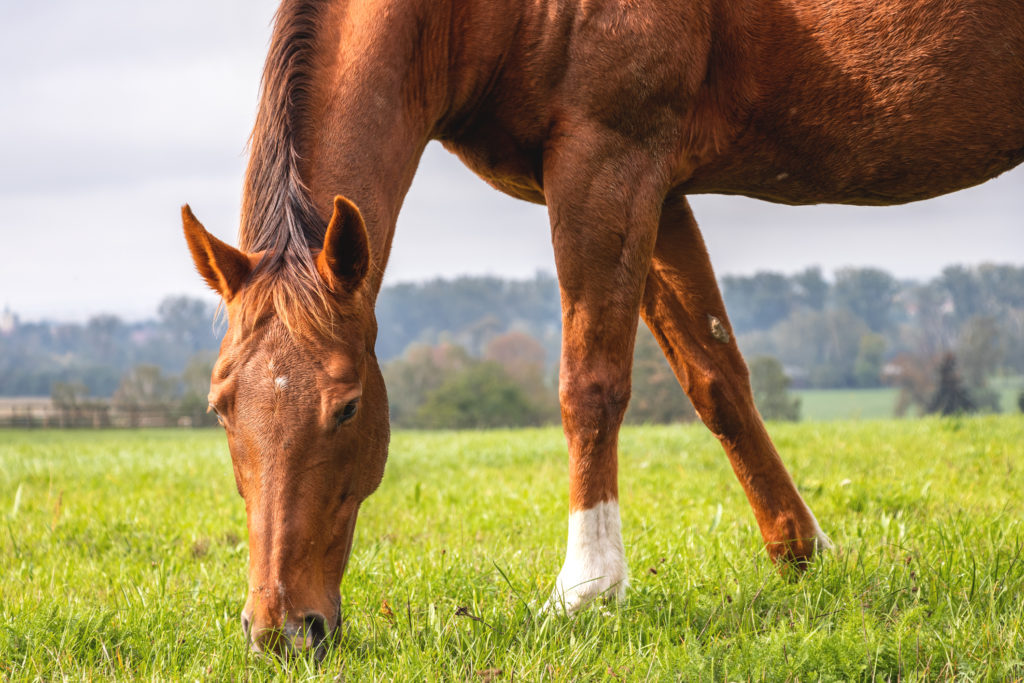
Why Do Horses Need Vitamin E?
Researcher Dr. Carrie Finno of the University of California, Davis, explains the important role vitamin E plays in neuromuscular and reproductive health for horses.

Researcher Dr. Carrie Finno of the University of California, Davis, explains the important role vitamin E plays in neuromuscular and reproductive health for horses.

Few horses are lucky enough to have constant, year-round access to fresh, green grass, which provides the best natural source of vitamin E. This powerful antioxidant supports muscle and nerve health. Is your horse getting enough? Learn about horses’ vitamin E requirements and how to prevent deficiencies during this live event. Sponsored by Kentucky Performance Products.
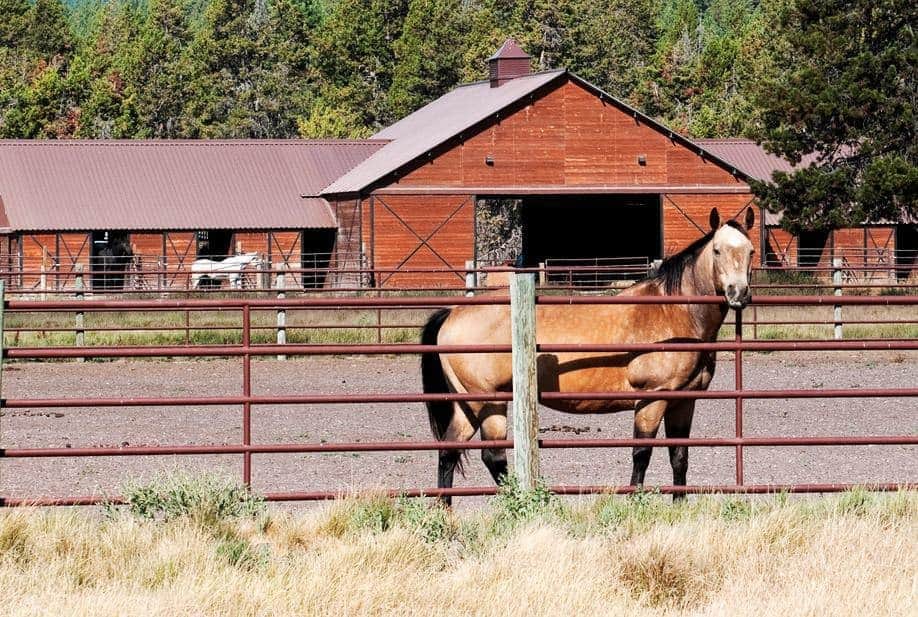
Recent research has given us more insight into how to manage horses affected by or vulnerable to laminitis. If your horse falls into the at-risk category, consider these diet changes.

Chia is calcium-rich, but inverted calcium-to-phosphorus ratios can cause horses big problems. Here’s what to know.

Your horse came out of winter in good body condition. Find out how can you keep that trend going as the grass greens.
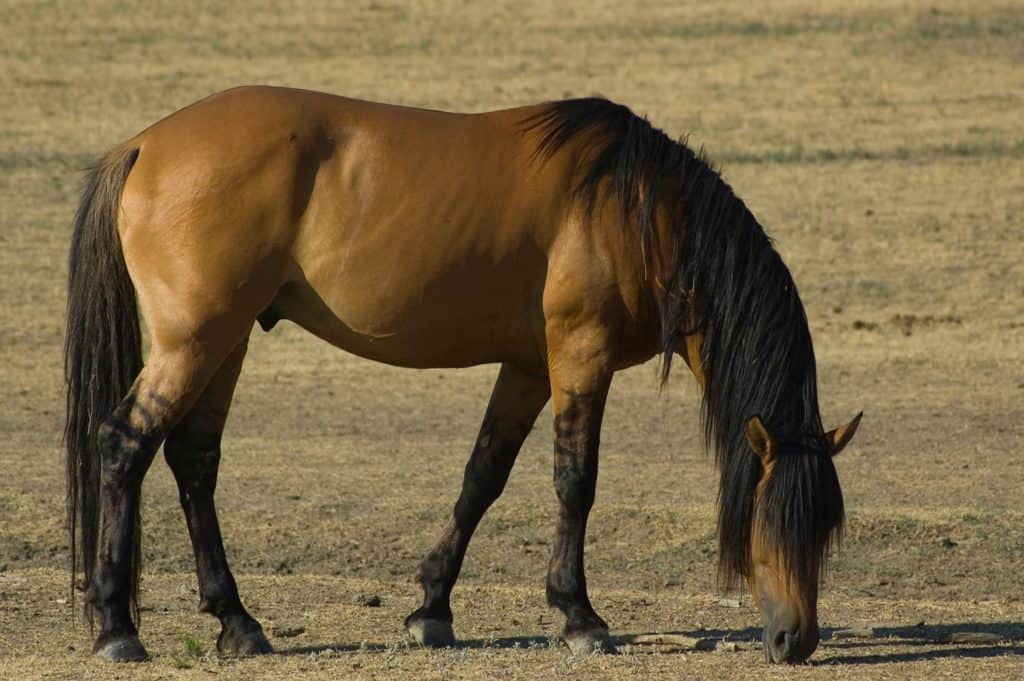
Our equine nutrition expert (and past mustang owner!) offers advice about feeding easy-keeping mustangs.
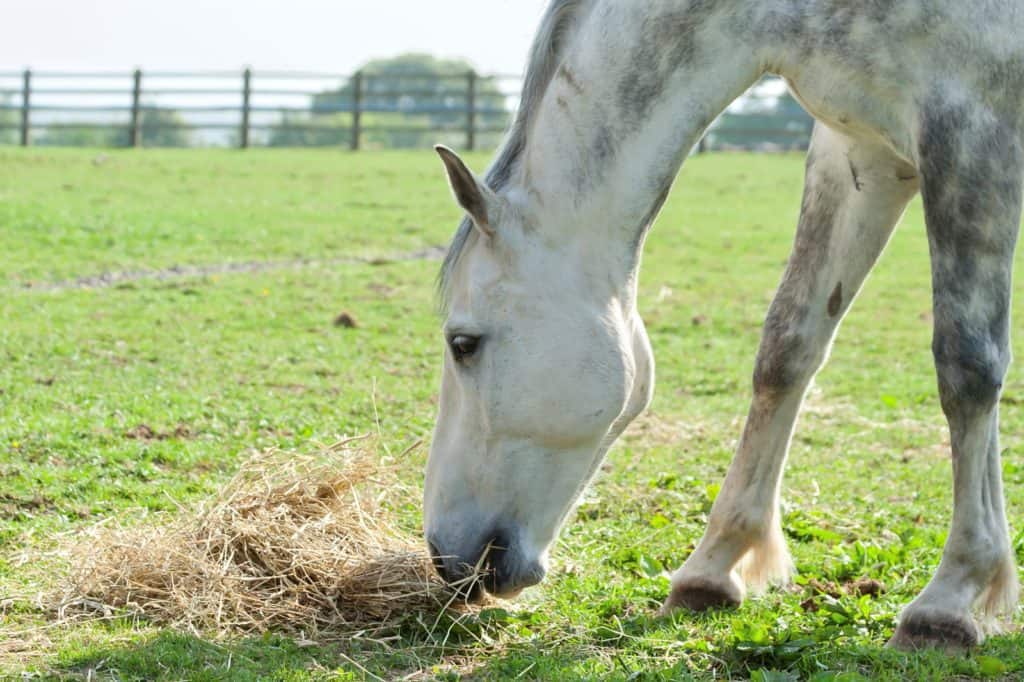
What do you do if you can’t get to the barn to supplement your horse every day? A nutritionist offers advice.

A nutritionist explains why horses need this amino acid in their diets and what happens if they don’t consume enough.

A horse owner doesn’t think her horse needs the manufacturer’s daily recommended serving of performance feed. Our equine nutritionist recommends a balanced approach to avoid nutritional deficiencies.

Confused about your horse’s diet? We’re here to help. Here’s how to craft the proper hay and grain ration.

Selenium is required in very small amounts in the equine diet, but it has an important role in maintaining horse health.

Blood testing provides a clearer picture of potential cobalt misuse.

While copper, zinc, iron, and selenium get a lot of attention in equine diets, manganese, iodine, and cobalt are also important for horse health.

One researcher saw bone changes in racehorses in training who received a supplement containing marine-derived minerals.

Learn about this important piece of the equine nutrition puzzle. Is your horse getting enough?
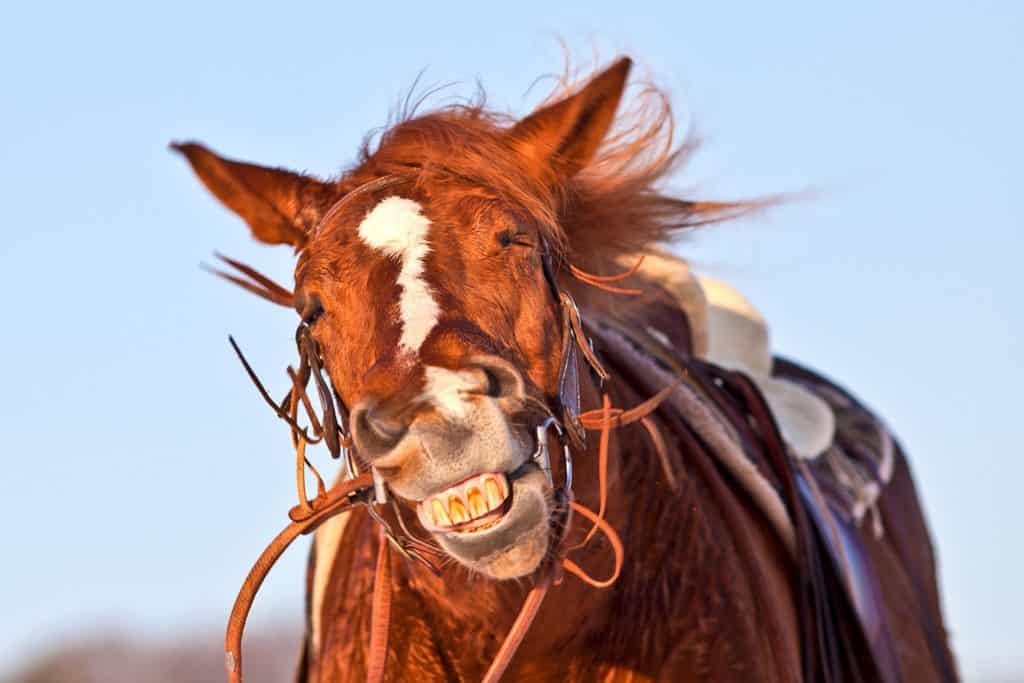
Some severe headshaking cases that are resistant to existing treatments and can significantly compromise a horse’s quality of life. But researchers have recently determined that a supplementation regimen could help.
Stay on top of the most recent Horse Health news with
"*" indicates required fields